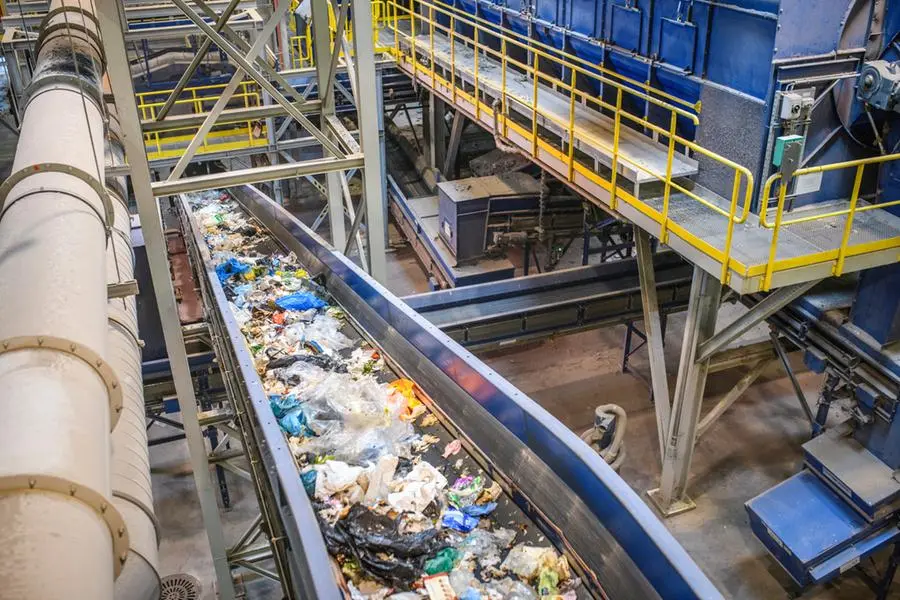PHOTO
Doha, Qatar: Alfardan Group signed an MoU with Electronics Recycling Factory to promote environmental sustainability and the recycling of waste electrical and electronic equipment (widely known as W-EEE or e-waste).
The MoU was formalised in a meeting between President and CEO of Alfardan Group, Omar Hussain Alfardan, Chairman Electronics Recycling Factory Sheikh Hamad Bin Abdulaziz Bin Nasser Al Thani, Hatem Alhamayda, CEO ERF and other officials from both organisations, at Alfardan Towers recently.
This initiative comes as part of Alfardan Group’s ESG strategy to reduce its carbon footprint and under the MoU, the two entities will work closely to ensure safe and proper disposal and recycling of e-waste in a way that achieves the goals of sustainable environment and protect it from the risks it faces because of the wrong disposal of hazardous waste.
Omar Hussain Alfardan, President and CEO of Alfardan Group said, “At Alfardan, we are committed to embed sustainable practices at the core of our operations and business strategy across the Group and make necessary changes to develop sustainable waste management culture that will help reduce our environmental footprint. In this regard, we are pleased to collaborate with Electronics Recycling Factory to combine our efforts to shape a brighter, cleaner, and greener Qatar and contribute towards sustainable development of our beloved country.”
Electronic Recycling Factory (ERF) is the first certified ethical recycler of E-Waste in the GCC, with the capacity to recycle all kinds of waste from electrical and electronic equipment (WEEE) with no selectiveness.
Chairman Electronics Recycling Factory Sheikh Hamad Bin Abdulaziz Bin Nasser Al Thani also commented, “We are pleased to sign this MoU with Alfardan Group to work collectively to strengthen Qatar’s position as one of the most progressive countries to address the world’s fastest environmental problems.
E-waste recycling is one of the most important issues because of its ability to reduce environmental risks, pollution, the preservation of human life and the health of other living organisms. With a capacity to recycle 45,000 tons of e-waste annually, we produce multiple raw materials that are reused again in local industries.”
© Dar Al Sharq Press, Printing & Distribution. All Rights Reserved. Provided by SyndiGate Media Inc. (Syndigate.info).





















